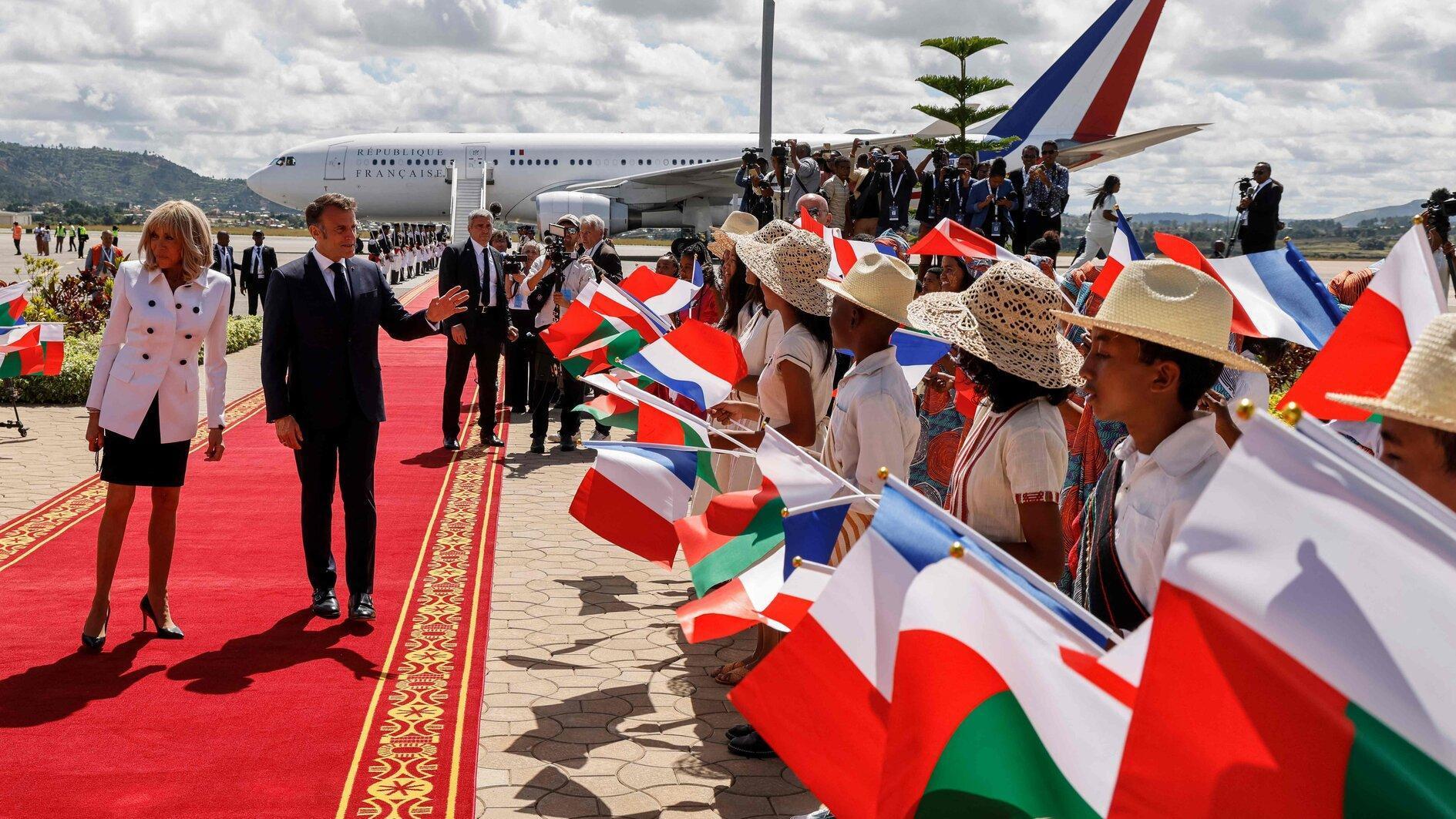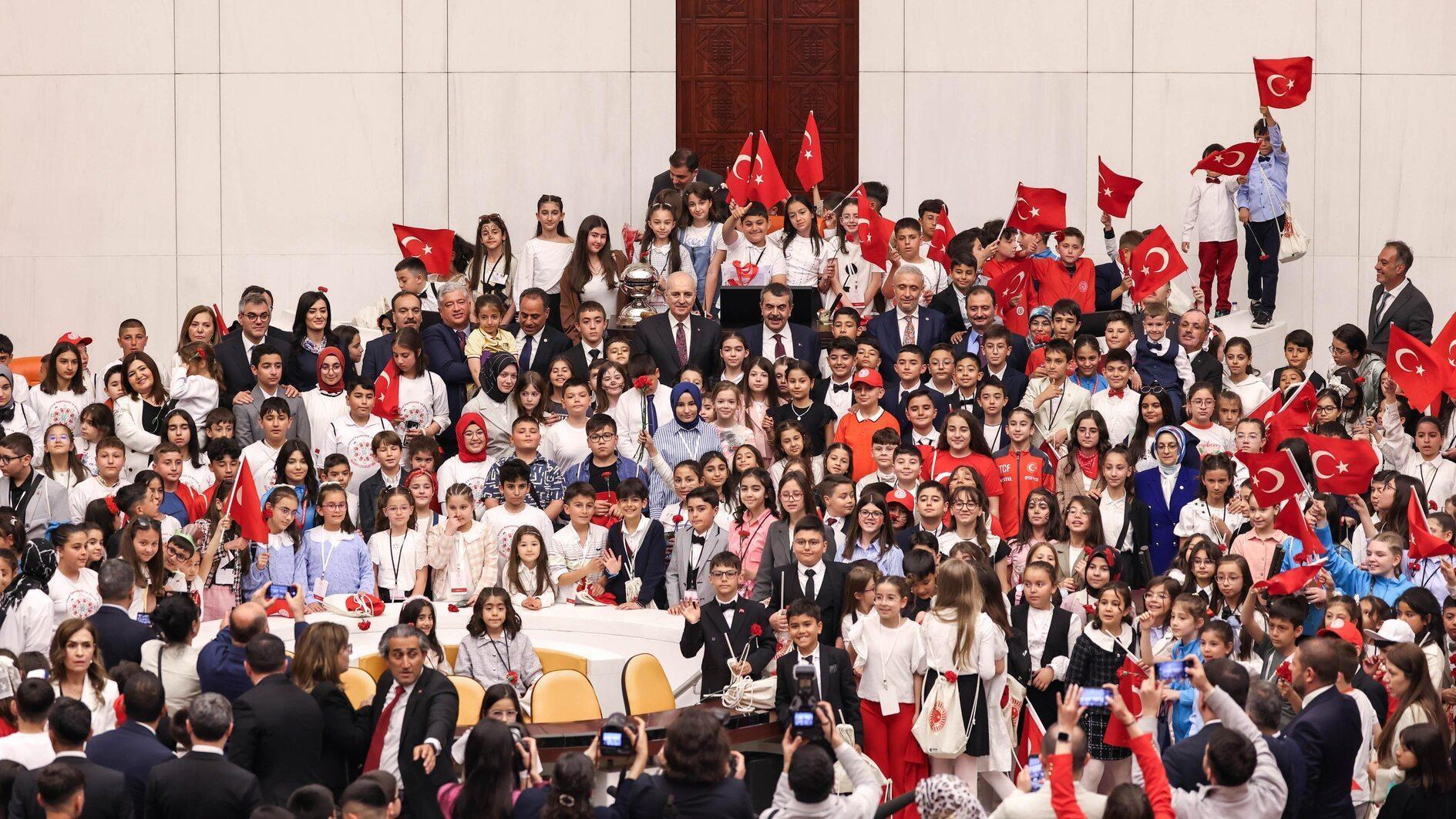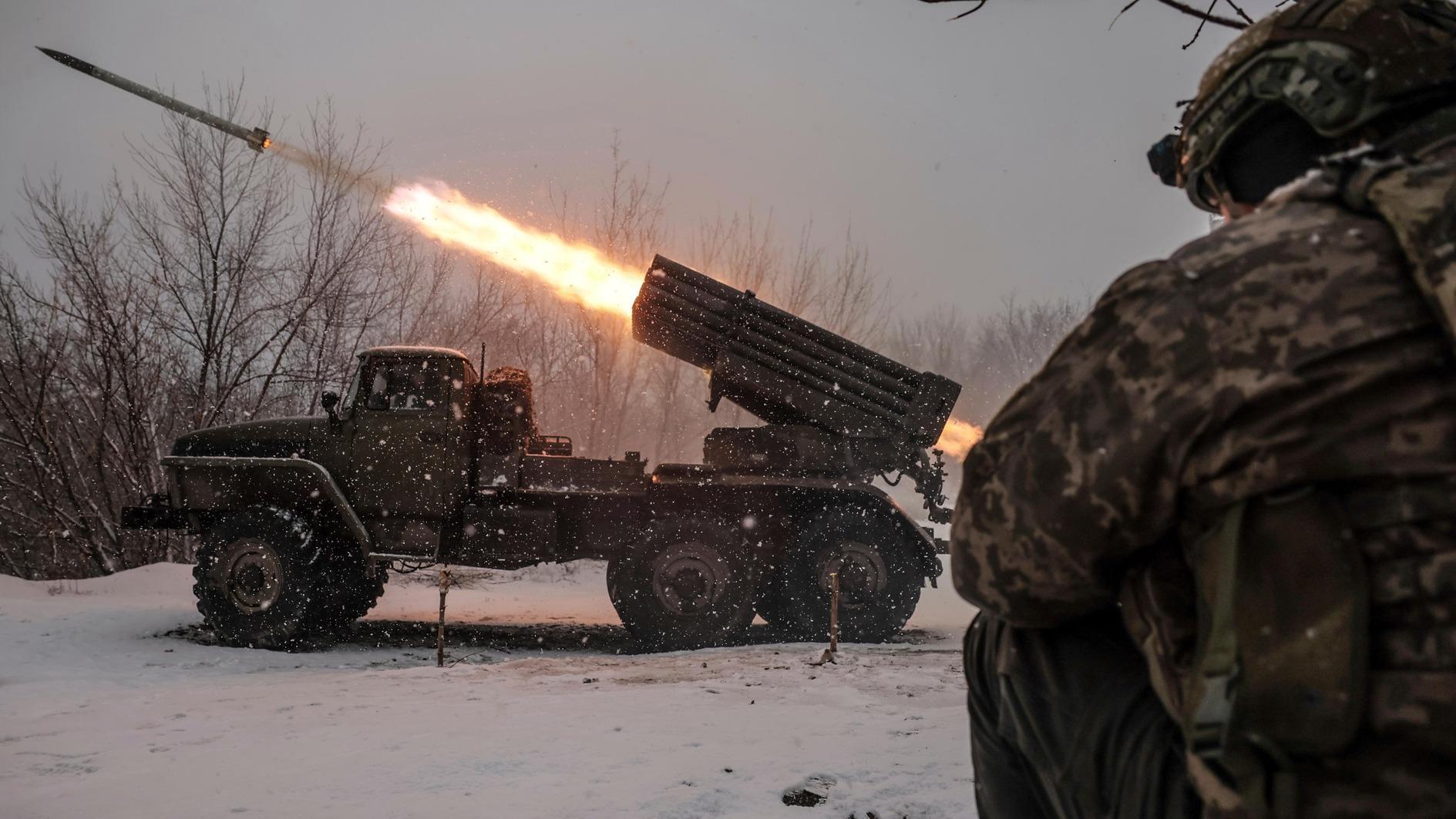Arab Revolution: Should we call it ‘Spring’?
OSMAN KORUTÜRK
It has been nearly a year and a half since the young Tunisian cart vendor Mohammad Bouazizi set himself on fire, triggering the uprisings that came to be known as the “Arab Spring.”No one would have guessed that this tragic incident would spark a popular movement that would change the whole Middle East. The oppressed people’s longings for democracy and basic freedoms, the wide use of the Internet and other social media to spread the revolutionary ideas, coupled with the violent responses of the regimes gave a romantic aspect to the movement. Thus, instead of being called simply the “Arab revolution,” the movement was named the “Arab Spring.”
In the year and a half that has gone by, many rooted changes have taken place, such as Zine El Abidine Ben Ali’s departure from Tunisia, Hosni Mubarak’s resignation and his trial in Egypt, the lynching of Moammar Gadhafi, and a change of government in Libya, free elections in all three countries, and the uprisings erupting in and threatening the future of the regime in Syria.
What has happened to realize the people’s wishes for democracy, freedoms and prosperity?
While in countries like Egypt and Tunisia, state-controlled elections have given rise to non-functional oppositions, in others, there has never been any formation that could be called a democratic opposition. None of the “Arab Spring” countries have experienced real democracy.
There have always been clandestine movements opposed to the regimes in the Arab Spring countries. However, most of the time, the opposition emerged as religious movements operating from the mosques due to the fact that they were the only medium that could possibly lead to some sort of organized opposition. For this reason, one does not come across powerful movements in the Middle East apart from religion-based ones like the Muslim Brotherhood or armed ones such as Hamas and Hezbollah.
As a result, in countries that opted for elections like Tunisia, Egypt and Libya, one sees that religiously oriented political parties are winning these elections. In the days ahead, if free elections are held in other Arab countries, the results will not be any different.
It looks like the developing political climate in the aftermath of the Arab Spring will give rise to a “democratic” so-called “moderate” Islamic belt starting from the Western Sahara and Mauritania and reaching as far as the Central Asian frontiers.
Is there such a thing as moderate Islam? In the aftermath of the Arab Spring, most of the elected political parties of the region are affiliated with the Muslim Brotherhood, which finds its references in Islam and started as a radical movement. The claim that it has evolved into a moderate democratic political foundation, suggested by some circles including Turkey’s ruling Justice and Development Party (AKP), is yet to be proven.
Those advocating the theory of moderate Islam being the “antidote to radical Islam” pretend that it has proved to be correct in Turkey, where a moderate Islamic political movement has been able to rise to power and now operates in a democratic environment. Accordingly, they think that Turkey can be a role model for Arab countries.
However, what made democracy prevail in Turkey is the secular nature of the Turkish political system. It is constitutional secularism that makes democracy (despite its many deficiencies) work in Turkey. One should not overlook the fact that the AKP is a product of the secular Turkish democratic system. Secularism has acted as cement in AKP’s case and allowed this party with a religious background to operate within Turkey’ parliamentarian democracy. Turkish democracy has a relatively long past. As a matter of fact, the history of the democratic experience in Turkey precedes even the foundation of the Republic.
The countries of the Arab Spring need to build up democratic experience and parliamentarian practice to reach their aspirations. If they turn to Turkey as a role model, they should see that they have to come to terms with the principle of secularism. But this is not at all easy to realize. Secularism is still a taboo for many of them.
Should we still call this revolution the “Arab Spring?” The answer lies in the outcome of this long period of change. While waiting for that, the international community and, in particular, the Western world should refrain from exploiting the legitimate and courageous aspirations of the Arab peoples and instead help these people reach their goals. The achievement of these goals would be the real antidote for all kinds of radicalism.
Osman Korutürk has been a parliamentary deputy representing Istanbul for the Republican People’s Party (CHP) since 2011. Previously, he was Turkey’s ambassador to France, Germany and Norway, as well as special representative to Iraq during the Iraq War. This is an abbreviated version of his article, which was originally published in the Turkish Policy Quarterly (TPQ) Winter 2012 issue (Vol. 10 No. 4). To read it in full, please visit www.turkishpolicy.com.











